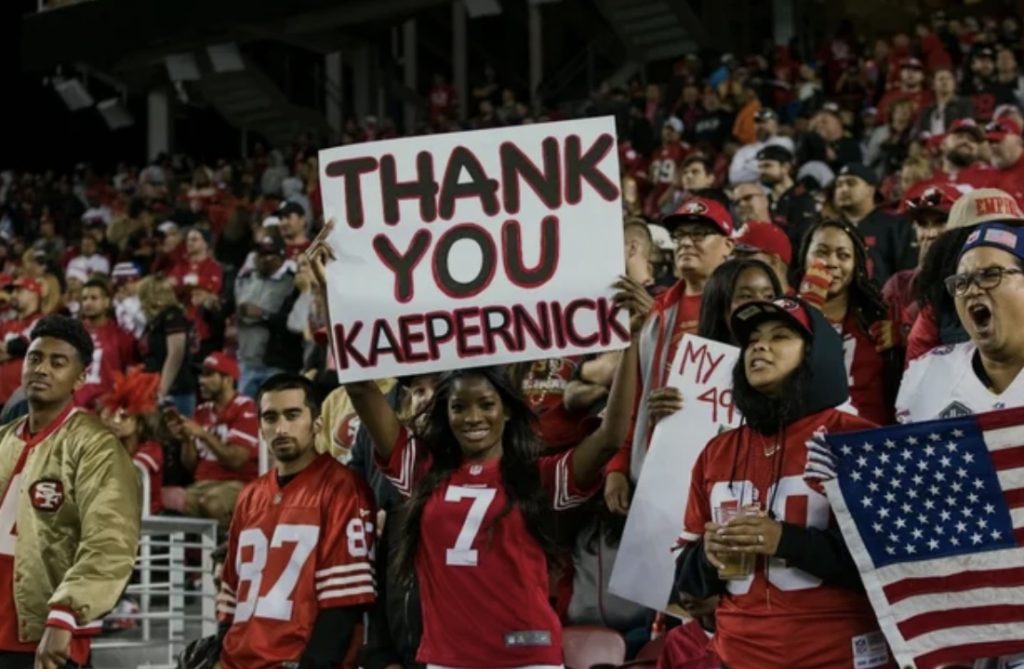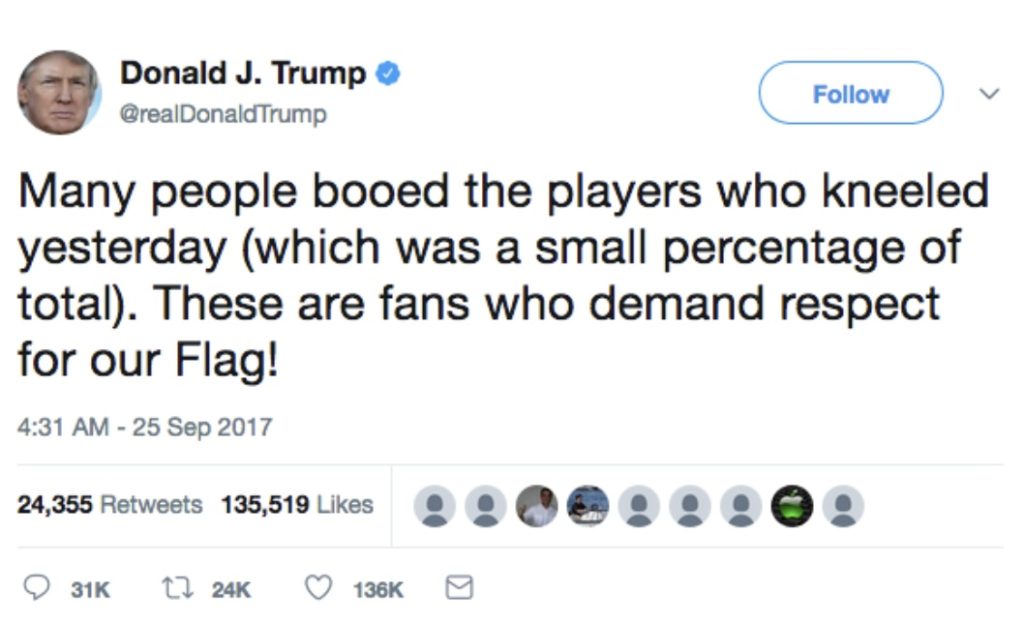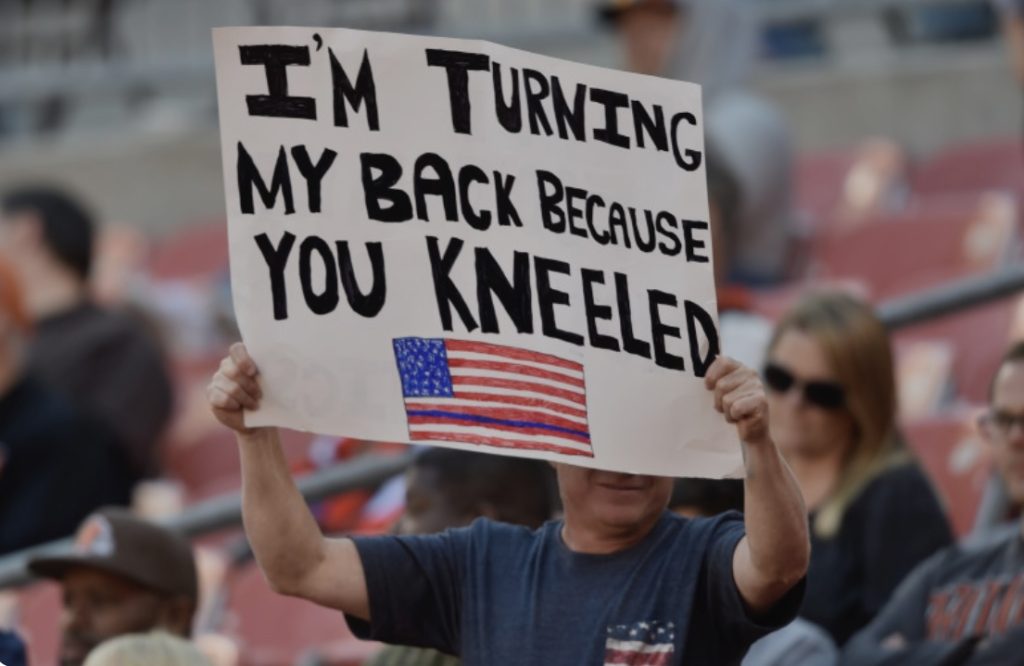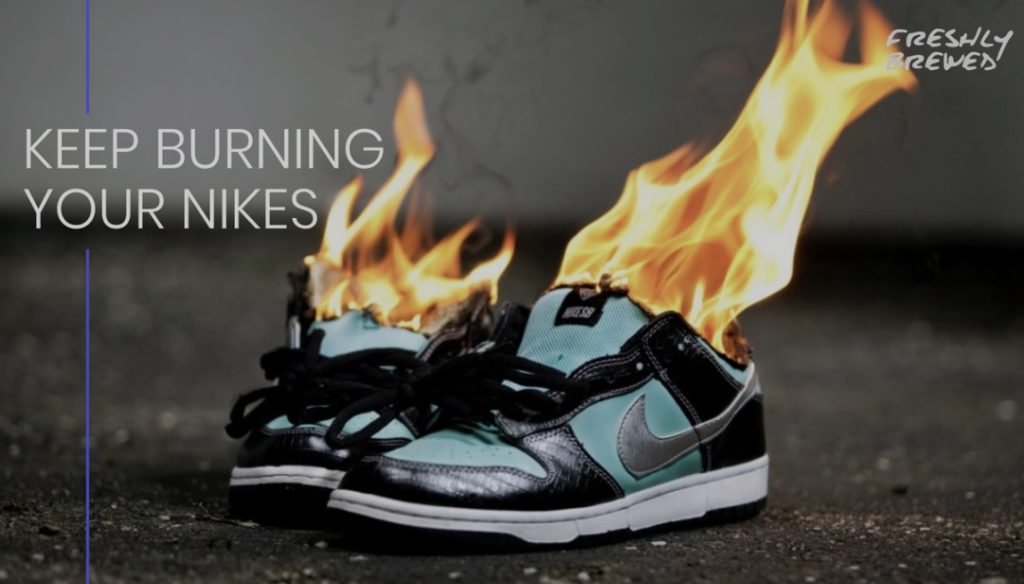Nike’s “Dream Crazy”┬ácampaign, starring Colin Kaepernick,┬ásparked a whirlwind of debate when it debuted in 2018.┬áWhile shedding light on Kaepernick’s defiance against racial discrimination, the advertisement also presented the eminent tagline,┬á“Believe in something. Even if it means sacrificing everything.”┬áIn no time, it began to serve as a forum for public debate, engaged in waging arguments on race, activism, and even corporate and social responsibility.┬áCultural theorist Stuart Hall, a key figure in media and cultural studies, developed the┬áreception theory, which provides a valuable framework for understanding how audiences decode messages┬ádifferently depending on their cultural contexts, personal beliefs, and social positioning, which aligns with the ad.
Understanding Audience Reactions to the Controversial Ad
Stuart Hall’s encoding/decoding model suggests that media producers encode messages into texts that audiences decode. According to Hall, the audience is not passive but plays an active role in interpreting and assigning meaning to media content (Media Studies, 2020). The decoded messages can align with, challenge, or reinterpret the dominant ideologies that media products encode. The reactions to Nike’s campaign were divided, with audiences interpreting the ad’s message in various ways (Hoffmann et al., 2020).
The dominant- hegemonic decoding of Nike’s campaign saw the audience fully accept the message as it was intended by the producers. The ad served as a powerful call for social justice and racial equality for these viewers. Many saw it as an empowering message for athletes and marginalised communities, aligning with Nike’s long-standing commitment to social causes. Supporters celebrated Kaepernick’s courage and ability to speak out against systemic oppression, agreeing with the ad’s overarching message of perseverance and standing up for what is right, even at personal cost. This interpretation aligned with Nike’s desire to position itself as a brand that champions social activism (Conlon, 2018).
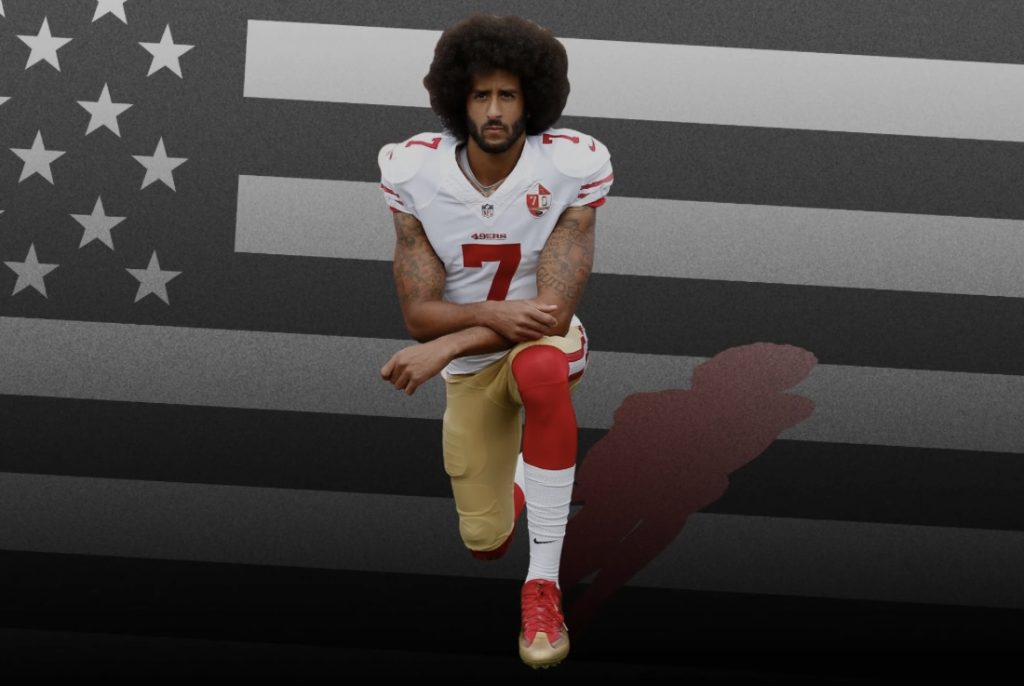
In contrast, several audiences disapproved of the commercial in the oppositional reading because Nike influenced different political causes. Kaepernick’s kneeling in protests has been viewed as inappropriate by many traditional Americans who consider it disrespectful to the flag and the military. For this Kaepernick, some perceive the advertisement as political, purposely ostracising a large section of Nike’s consumers. The backlash was swift, with many burning Nike products and boycotting the brand. This response represents a rejection of Nike’s dominant narrative in sports, illustrating how personal beliefs and values shape the decoding process. The audience took offence, using their cultural and social frameworks as lenses to criticise the ad, demonstrating that audiences do not always accept the messages encoded by producers without scrutiny. This aligns with Hall’s theory, which argues that audiences actively decode media messages differently, influenced by their ideological perspectives (Hall, 1980).
The negotiated reading emerged from audiences who acknowledged the ad’s stance on activism but also questioned its commercial motivations. Some viewers Kaepernick’s right to protest but were sceptical of Nike’s involvement as overly political for a sports brand. The ad for these individuals combined an appreciation for its message of activism with criticism of how social justice was commercialised, reflecting a negotiated interpretation shaped by personal beliefs and experiences. This decoding of the ad reflects Hall’s theory that outlines how audiences adjust encoded messages through the lens of their own beliefs and experiences.
Stuart Hall’s theory shows audiences interpret media through experiences, culture, and beliefs, highlighting communication’s dynamic nature.
Reference
Conlon, J. (2018). Analyzing NikeÔÇÖs Controversial Just Do It Campaign. [online] Branding Strategy Insider. Available at: https://brandingstrategyinsider.com/analyzing-nikes-controversial-just-do-it-campaign
Durham, M. G. (2006). Media and cultural studies: KeyWorks. Blackwell Publishing.Hall, S. (1980).
Guardian sport (2019). NikeÔÇÖs ÔÇśDream CrazyÔÇÖ advert starring Colin Kaepernick wins Emmy. [online] the Guardian. Available at: https://www.theguardian.com/sport/2019/sep/16/nikes-dream-crazy-advert-starring-colin-kaepernick-wins-emmy [Accessed Nov. 2024].
Hall, S. (1980). Encoding/decoding. [online] Available at: https://spstudentenhancement.wordpress.com/wp-content/uploads/2015/03/stuart-hall-1980.pdf [Accessed 12 Nov. 2024].
Hoffmann, J., Nyborg, K., Averhoff, C. and Olesen, S. (2020). The contingency of corporate political advocacy: NikeÔÇÖs ÔÇśdream crazyÔÇÖ campaign with Colin Kaepernick. Public Relations Inquiry, [online] 9(2), pp.155ÔÇô175. doi:https://doi.org/10.1177/2046147×20920802.
Kelner, M. (2019). NikeÔÇÖs controversial Colin Kaepernick ad campaign its most divisive yet. [online] the Guardian. Available at: https://www.theguardian.com/sport/2018/sep/04/nike-controversial-colin-kaepernick-campaign-divisive.
Kiefer , B. (2020). Pick of the Week: Nike sends a powerful message in support of racial equality. [online] www.campaignlive.co.uk. Available at: https://www.campaignlive.co.uk/article/pick-week-nike-sends-powerful-message-support-racial-equality/1685121.
Media Studies (2020). Stuart HallÔÇÖs Reception Theory | Encoding and Decoding Messages. [online] Media Studies. Available at: https://media-studies.com/reception-theory/.
Nichols, R. (2021). Case Study: Nike & Colin Kaepernick ÔÇśJust Do ItÔÇÖ Campaign | TalkinÔÇÖ Baseball. [online] sites.psu.edu. Available at: https://sites.psu.edu/burv/case-study-nike-colin-kaepernick-just-do-it-campaign/ [Accessed 2024].
Revision World (2019). Reception Theory – Media Studies – Revision World. [online] Revisionworld.com. Available at: https://revisionworld.com/a2-level-level-revision/media-studies-level-revision/reception-theory.
Staff, T.W. (2018). #JustBurnIt: Nike suffer Colin Kaepernick advert backlash. [online] theweek. Available at: https://theweek.com/nfl/96255/justburnit-nike-suffer-colin-kaepernick-advert-backlash-just-do-it [Accessed 13 Nov. 2024].


